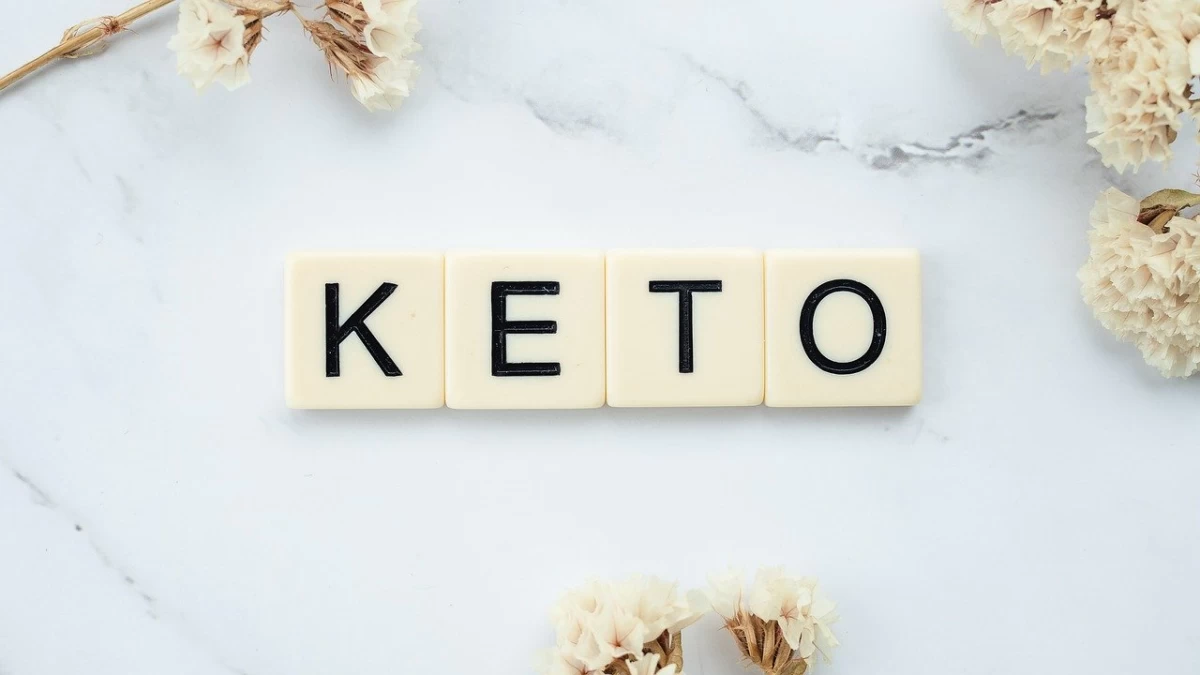Is Keto Diet for Dogs the Best Option for Your Dog?
01.02.2022.
One of the latest trends in human dieting is Keto. Keto diets are based on controlling the fat-to-protein-to-carb ratio. While there is evidence humans can thrive on a Keto diet, there are still no actual studies on the effects a Keto diet will have on dogs. Nevertheless, some sources claim Keto diets work great on dogs, and some dog owners decide to try it out. Here’s what you should know about the Keto diet for dogs.
Keto diet introduction
If you’re interested in the subject of the Keto diet for dogs, you probably already know something about it. If you’re considering putting your dog on Keto, you should learn Keto basics. Here are three main things the Keto diet is based n;
- Very low carbohydrates
- Medium amount of protein
- Very high fat amounts
The body uses fats and carbs differently for storing and producing energy, so whoever decides to try the Keto diet will lose weight. The body will convert carbs to glucose, which can be immediately used as energy, or it can get stored in the liver as glycogen. If the body stops getting carbs, the stored glycogen will get used up in a few days. The body will then be forced to use ketones from fat, which promotes fat burning and causes weight loss.

Is the Keto diet safe for dogs?
Theoretically, the Keto diet is safe for dogs. The basic idea is that dogs, or wolves, in the wild would be very close to a Keto diet. Wild canids’ diet would mainly consist of prey they catch in the wild. That means loads of protein and fats from meat and only a tiny bit of carbs, mainly from the prey’s stomach content.
Is the Keto diet beneficial for dogs?
We already mentioned Keto diets have quite a bit of support. These sources claim there are different benefits dogs can reap by switching to Keto. The boldest claims are that Keto diets can help fight cancer and control seizures. However, there is a severe lack of scientific studies that support these claims in this species. It is not studied how Keto would affect dogs in the long term. Here’s how the Keto diet helps with these two things.
Keto for cancer
The main study of the Keto diet’s effects on cancer patients was focused on mice. The basic premise is that Keto won’t support cancer cells. Cancer cells have altered energy metabolism because they use anaerobic fermentation processes rather than oxygen-based cell respiration. According to a German scientist, Otto Warburg, cancer cells need glucose from carbs and glutamine from protein to survive. Cancer’s progress will slow down if these two things are taken away from them. Some even claim cancer cells can’t survive in these conditions. These studies proved that in mice with cancer placed on Ketogenic diets, there are significant reductions in cancer growth and progression.

Keto for seizures
The second claim is that the Keto diet effectively controls seizures and epilepsy in dogs. In the recent study involving 21 dogs, scientists wanted to prove the effects a changed and adapted Keto diet had on dogs. The results were surprising, and more than 50% of patients have shown significant clinical improvements. 7 dogs had a 50% seizure reduction, and 3 were completely seizure-free.
Should you switch your dog to Keto?
Switching to Keto might be a good idea. However, we wouldn’t make such big moves without talking to our vets. This is what you should do first - call your vet and talk to them about switching your dog to a Keto diet. Your vet will certainly give you great advice about different diets. Keep in mind that switching to Keto means having more expenses because high-quality Keto food can be costly.
Which dogs can benefit from Keto?
There are different health benefits dogs can reap from the Keto diet, and some experts say it can help with various aspects of health. For example, dogs with cancer have shown improvements when fed a Keto diet. However, don’t think that just a Keto diet will cure cancer. Here are some dogs that might benefit from Keto;
- Dogs with cancer
- Obese and overweight dogs
- Diabetic dogs
- Dogs with constant inflammations
- Dogs with arthritis
- Senior dogs
- Epileptic dogs
- Dogs with liver issues
Downsides of Keto diet for dogs
Unfortunately, switching to a Keto diet can cause some complications. Some health conditions can be expected, so you must talk to your vet about changing dog foods. There are some downsides to Keto, and for some dogs, this type of diet will not even be an option. Here are a few things that can happen if you switch your dog to Keto;
- Pancreatitis
- Keto flu
- Diarrhea
- Constipation
- Decrease of microbial diversity
- Muscle atrophy
- Too expensive
- Too time-consuming
In conclusion
Keto diets can seem like a good idea. There are many health benefits for humans and other species, but Keto’s long-term effects are still not entirely known in dogs. Before you decide to switch to this type of diet, you should talk to your vet and ensure it is a safe option for your dog. Keto is an exciting concept, and we will be watching closely the studies and findings vets and scientists reach over the next few years.
World Dog Finder team







Share